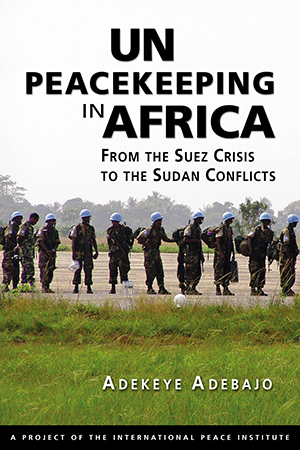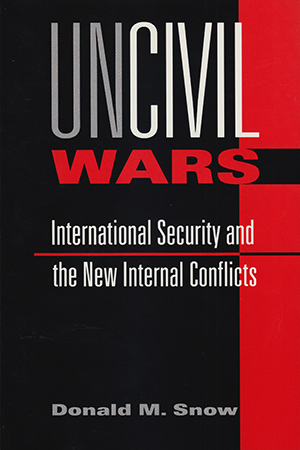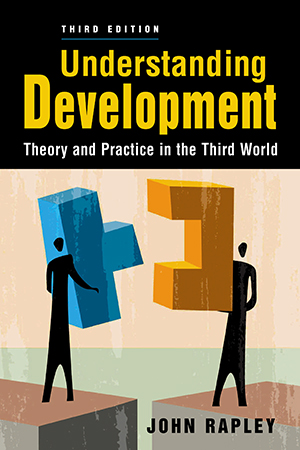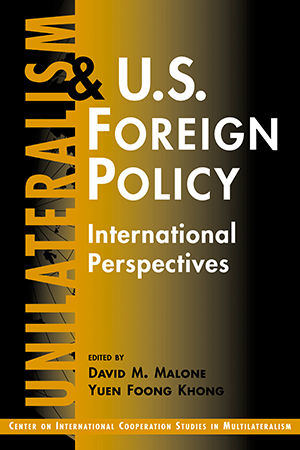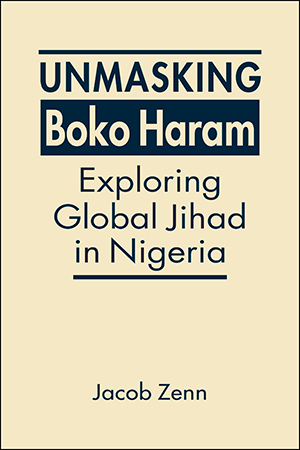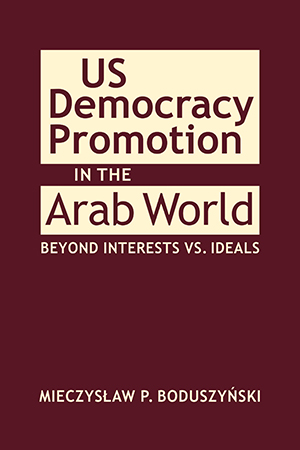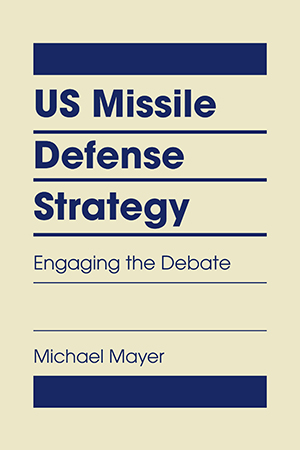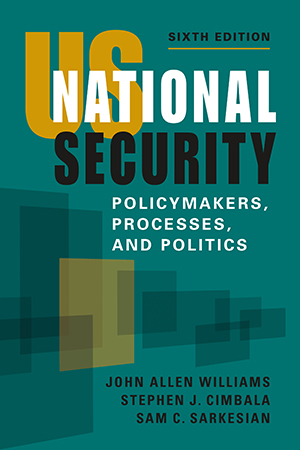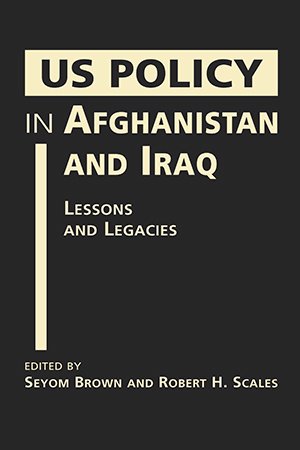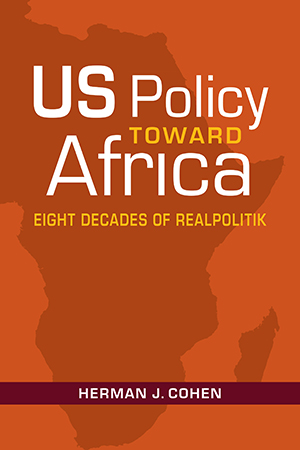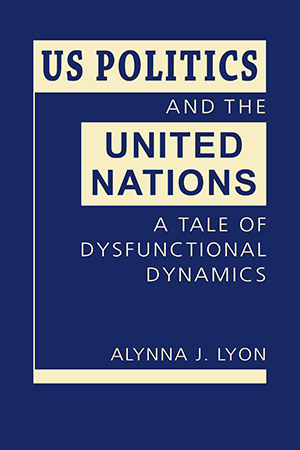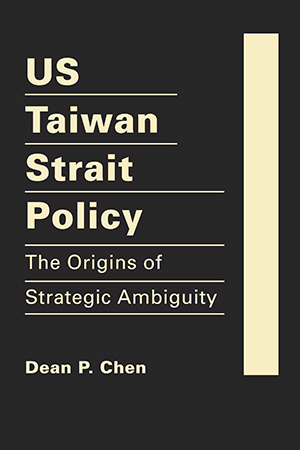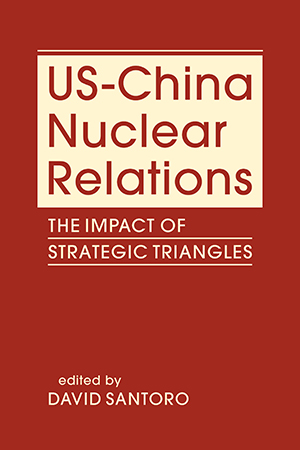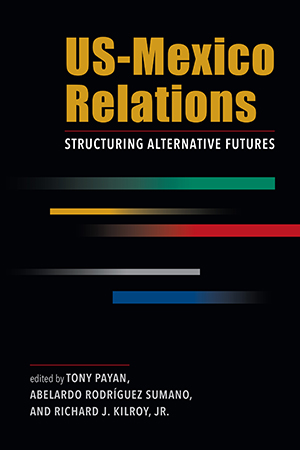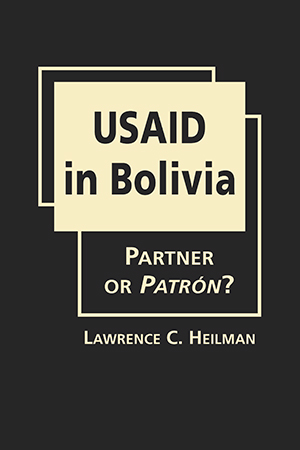International Relations (all books)
Nearly half of all UN peacekeeping missions in the post–Cold War era have been in Africa, and the continent currently hosts the greatest number (and also the largest) of such missions More >
UnCivil Wars examines the new pattern of internal, or civil, war that has emerged in the post-Cold War world. Donald Snow points out that the new internal wars tend to occur in the least More >
This accessible text provides both an assessment of the current state of development theory and an extensive survey of the impact of evolving policies and practices throughout the developing More >
Choice Outstanding Academic Book! From the war on terrorism to global warming, from national missile defense to unilateral sanctions, the U.S. has been taken to task for coming on too More >
The kidnapping of 276 schoolgirls from the village of Chibok, Nigeria, in 2014 drew the world's attention to the previously little-known extremist group Boko Haram. Numerous questions More >
Whether democracy promotion should play a role in US foreign policy continues to be a subject of considerable debate, perhaps nowhere more than with regard to the Arab World. But looking More >
Why has the United States continued to develop ballistic missile defenses in an era of irregular warfare and asymmetric terrorist threats? How does missile defense contribute to US global More >
Choice Outstanding Academic Book! The main focus of US national security policy has shifted dramatically since the years of the Obama administration, moving away from nation building and More >
How have the costs, both human and material, of US involvement in the conflicts in Afghanistan and Iraq affected the country's will for conducting regime-change operations? What are the More >
Herman Cohen draws on both the documentary record and his years of on-the-ground experience to provide a uniquely comprehensive survey and interpretation of nearly eight decades of US policy More >
It is no secret that the US variously pulls away from the United Nations and embraces it as a significant venue for policy initiatives. But what explains this dramatic inconsistency? What is More >
Why did the Truman administration reject a pragmatic approach to the Taiwan Strait conflict—recognizing Beijing and severing ties with Taipei—and instead choose the path of More >
Though China remains a relatively weak nuclear power, it has in recent years become central to US strategic policymaking. What explains this shift? How is the US-China strategic nuclear More >
Few would disagree that the nature of current relations between Mexico and the United States embodies both promising opportunities and reasons for alarm. The contributors to this timely book More >
After Bolivia had received more than $4.7 billion from the US government to support 70 years of development efforts, why would Evo Morales abruptly expel USAID from the country in May 2013? More >


